Category:
MMWR Publishes Methamphetamine Incidence Report
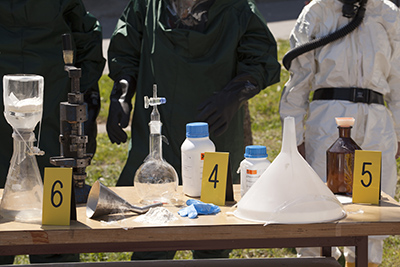
Read CDC’s recent “Morbidity and Mortality Weekly Report” entitled “Injuries from Methamphetamine-Related Chemical Incidents — Five States, 2001–2012.” Read More >
Posted on by Leave a commentLead Free Kids: National Lead Poisoning Prevention Week 2015
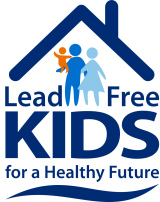
Sam and Louisa Carmichael had their first child just one month ago, and now they have bought their first home--a 1910 Craftsman bungalow. They want to do some renovation before moving in, but they know that older homes often contain lead paint and that lead exposure is harmful to children… lead poisoning is entirely preventable. The key is stopping children from coming into contact with lead and treating children who have been poisoned by lead. Learn more about preventing childhood lead exposure. Read More >
Posted on by 1 CommentPrevent Carbon Monoxide (CO) Poisoning

Daylight Savings Time begins Sunday, November 1, 2015. As you prepare to set your clocks back one hour, remember to check the batteries in your carbon monoxide (CO) detector. If you don’t have a battery-operated or battery back-up CO detector, now is a great time to buy one. At least 430 people die each year Read More >
Posted on by Leave a commentMeet the Scientist Geoffrey Whitfield

The NCEH/ATSDR “Meet the Scientist” series provides insight into the work of talented people who are working to keep you safe and secure from things in the environment that threaten our nation’s health. Meet CDC/NCEH epidemiologist, Geoffrey Whitfield, who is also a triathlete and an amateur woodworker. Find out how he fuses his love of exercise with achieving safer and healthier neighborhoods in the U.S. Read More >
Posted on by Leave a commentSome of the Biggest Problems Sometimes Have the Simplest Solutions
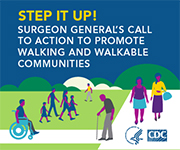
Some of the Biggest Problems Sometimes Have the Simplest Solutions In environmental public health, we often get caught up in looking for complex answers to complex problems. Sometimes we get lucky, though, and a simple solution will serve. The U.S. Surgeon General’s Call to Action to Promote Walking and Walkable Communities proves this point. Read More >
Posted on by 1 CommentATSDRs Environmental Odors Website
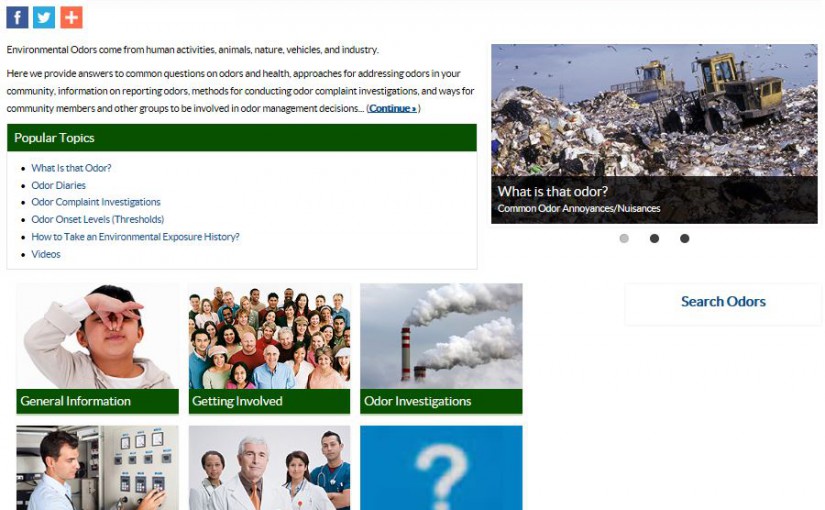
Environmental odors are substances in the environment that can be smelled. These type of concerns are common. Some petitions that the Agency for Toxic Substances and Disease Registry (ATSDR) receives involve an odor concern. Frequently asked questions are “Will the odor make me sick?” and “Are all environmental odors toxic?” Read More >
Posted on by Leave a commentNational ALS-Registry 5th Anniversary
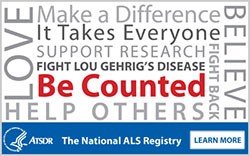
During the past five years of the National ALS Registry’s existence, ATSDR has made great strides into learning more about ALS. However, we still have a long way to go to fully understand this disease. Regardless, we are extremely grateful to all PALS around the U.S. who have dedicated their valuable time and effort to help advance the science of ALS. Without these PALS, the Registry would not be what it is today. Read More >
Posted on by Leave a commentProtecting Kids from Environmental Exposure

What do these scenarios have in common? You’re renovating an older home. While you’re sanding window frames, some paint chips fall on the floor. Your toddler puts them in his mouth. You enjoy gardening and use pesticides to protect your plants from insects. You’ve just learned that you’re pregnant and wonder if pesticide exposure could Read More >
Posted on by Leave a commentNew CDC Document Offers Emergency Managers Guidance for Identifying and Engaging At-Risk Groups
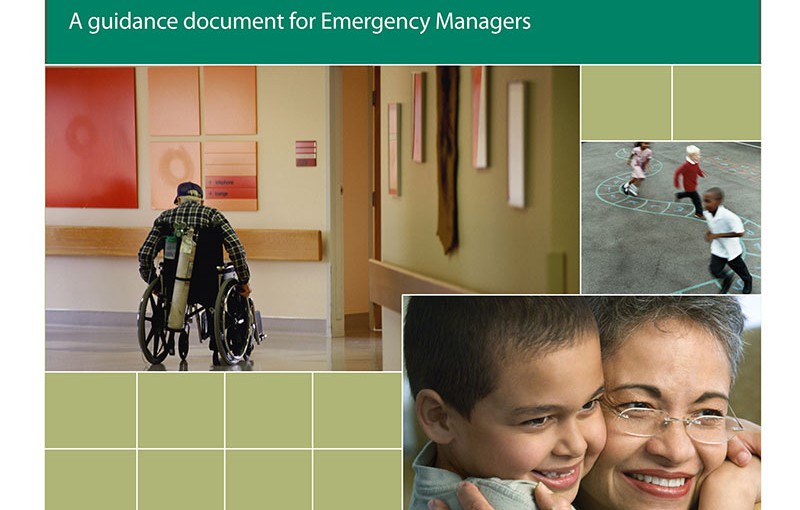
When preparing for an emergency, responders aim to be able to reach every person in a community. Emergency managers must be able to quickly get information to all community members- even the hardest to reach. Emergency managers need to know in advance which groups are at greatest risk of harm during an emergency, where the Read More >
Posted on by Leave a commentTracking Developmental Disabilities and the Environment

On the first Monday in October, celebrate National Child Health Day – which the President of the United States has proclaimed every year since 1928. NCEH’s Environmental Health Tracking Branch provides valuable data on children’s health by tracking developmental disabilities and other children’s environmental health issues. Read More >
Posted on by Leave a comment
